Journalism and Mass Communication has been considered the voice of voiceless. The Department of Journalism and Mass Communication was Established in 2011.The main purpose of the establishment of the Department of Journalism & Mass Communication was to provide platform to the young locals where they can prepare themselves to play their part in the Development. It fills the gap arisen in the absence of communication between the Stakeholders. Living in this age of information and global village no one can deny the importance of media. There has been enormous upsurge in media sector in Pakistan in the previous decade. The significant point is that the growth has been in the private sector. Everything happened so rapidly that adequate number of trained persons was not ready to operate these facilities professionally. The area where Malakand University is located has immense economic potential. It is full of resources, which need to be harnessed. The purpose of establishing a full-fledged department is to provide an opportunity to the local youth to prepare them to join in the efforts to raise the level of awareness of the common person in the area.
The objectives of the Department of Journalism & Mass Communication at the University of Malakand, like many other academic departments in this field, generally revolve around providing a comprehensive and high-quality education in journalism and mass communication. These objectives may include:To provide students with a solid foundation in the theories, principles, and practices of journalism and mass communication:
A degree in journalism and mass communication can open up a wide range of job opportunities in various sectors, including media, communication, public relations, marketing, and more. Here are some of the job opportunities that graduates from the Department of Journalism & Mass Communication can pursue:
Journalist/Reporter:
Working for newspapers, magazines, online news outlets, or broadcast media to
research, write, and report on news and events.
Freelance
Writer/Reporter: Working independently as a writer or
reporter, often contributing to multiple publications or media outlets.
Editor:
Responsible for reviewing and editing content for accuracy, style, and clarity
in various media outlets.
News
Anchor: Presenting news stories on television or radio, often
in a live broadcast setting.
Radio
Host/Podcast Producer: Hosting radio shows or producing
podcasts on topics of interest, including news, entertainment, or niche
subjects.
Broadcast
Producer: Overseeing the production of television or radio
programs, including news broadcasts, talk shows, and documentaries.
Digital
Content Creator: Producing written, audio, video, or
multimedia content for websites, social media, blogs, and online publications.
Social
Media Manager: Managing and curating content for social
media platforms, as well as engaging with followers and analyzing performance
metrics.
Public
Relations Specialist: Developing and maintaining positive relationships
between organizations and the public, creating press releases, and managing
media relations.
Advertising
Executive: Planning and executing advertising campaigns, working
with clients to promote products or services.
Media
Planner: Researching and selecting the best media outlets for
advertising campaigns, considering target demographics and budget constraints.
Documentary
Filmmaker: Creating documentary films that explore various
subjects, often for television, film festivals, or online platforms.
Media
Analyst: Analyzing media trends and audience data to inform
decision-making in media planning and content creation.
Media
Researcher: Conducting research on media effects,
audience behavior, and communication theories for academic institutions or
research organizations.
Media Educator/Professor: Teaching journalism and mass communication courses at colleges and universities to prepare the next generation of communication professionals.
A Bachelor of Science
(BS) degree program in Journalism & Mass Communication is an undergraduate
program designed to provide students with a comprehensive education in the
field of journalism and mass communication. This program typically span four
years and cover a wide range of topics related to media, communication, and
journalism.
The vision of Department of Journalism &
Mass Communication is to promote excellence in instruction, research, and
professional practice by preparing future professionals in the fields of
Journalism, and Mass Communication. Journalism and Mass Communication program
will help students build a broad understanding of the role of media in society.
We believes that higher education should prepare
students for career success, but also civic success. To play a leading role in
developing media professionals who may facilitate qualitative
and ethical growth across all verticals of journalism and mass communication. We envision that the talent produced by us will help to
develop an environment where everyone will respect, trust, and support
the media.
Due to the changing environment in Journalism & mass media, in which the boundaries of each traditional medium such as newspaper, radio and television have been integrated online, this program will prepare students to enter the field of new media in the new globalized world. The program objective to produce graduates with the necessary and advanced knowledge in communication, preparing them to be the leaders in mass communication with morality, creativity, insightful attitudes and other necessary related skills, particularly, English language skills. Focusing on concepts, theories and professional practices in digital lab and studio, students are taught to think and analyze issues critically, and gain a comprehensive understanding in their field. The goal is for graduates to apply their knowledge and contribute to helping develop society in a positive way.
BS Program Outcomes
BS (4-Year) in Journalism & Mass Communication 4 year program having 08 semesters. Students are required to earn 128 credit hours to complete this program (degree course). Degree is titled “BS (4-Year) in Journalism & Mass Communication”.
*Note: MPhil and PhD
Programs will be stated soon.
MPhil Program Objectives:
MPhil program in Mass Communication aims to provide students with a comprehensive and advanced education in mass communication, preparing them for careers in various media-related industries, academia, research, and leadership roles.
MPhil Program Outcomes:
An MPhil (Master of Philosophy) in Mass Communication is a postgraduate degree program that focuses on advanced studies and research in the field of mass communication. The outcomes of an MPhil program in Mass Communication can vary depending on the specific curriculum and research interests of the students, but generally, graduates of this program can expect to achieve the following outcomes:
PhD Program Objectives
A Ph.D. program in Mass Communication typically aims to provide advanced education and training in the field of mass media, communication theory, research methodologies, and related areas. The specific objectives of such a program can vary depending on the university and its focus, but here are some common program objectives:
PhD Program Outcomes
The outcomes of a Ph.D. program in Mass Communication reflect the skills, knowledge, and competencies that students are expected to acquire by the time they complete their doctoral studies. These outcomes are often aligned with the program's objectives and provide a clear understanding of what students should be able to achieve upon graduation. Here are some common Ph.D. Mass Communication program outcomes:
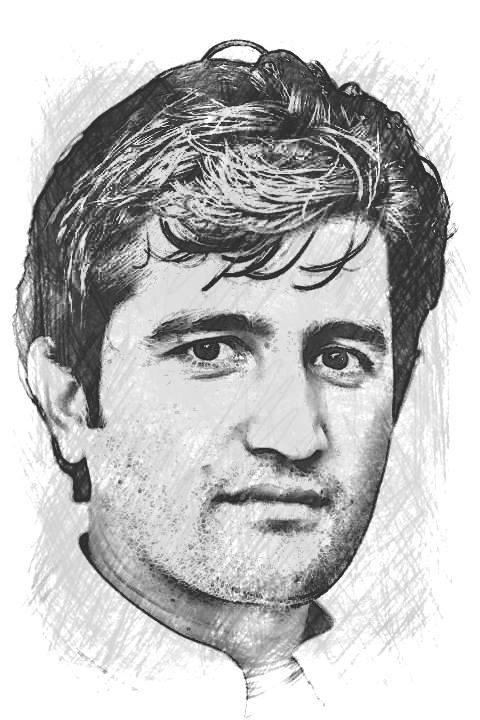
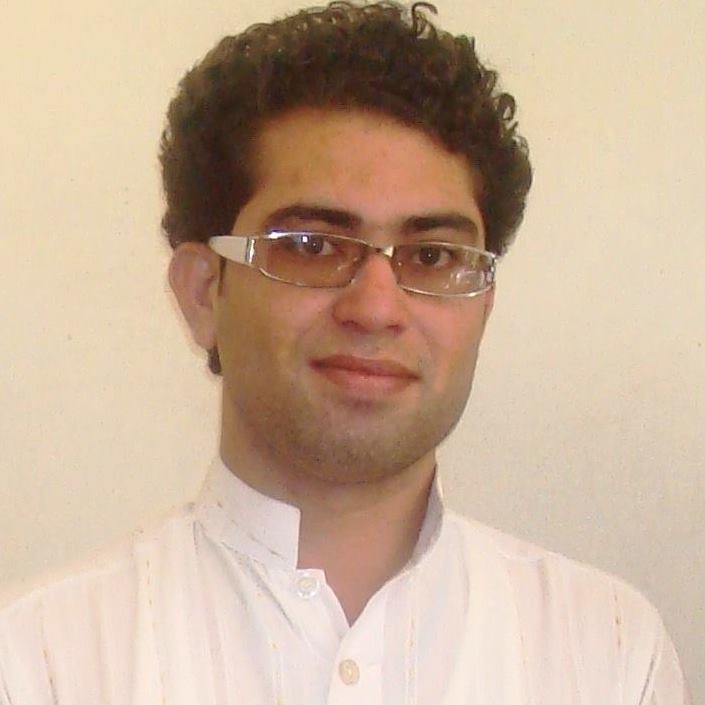

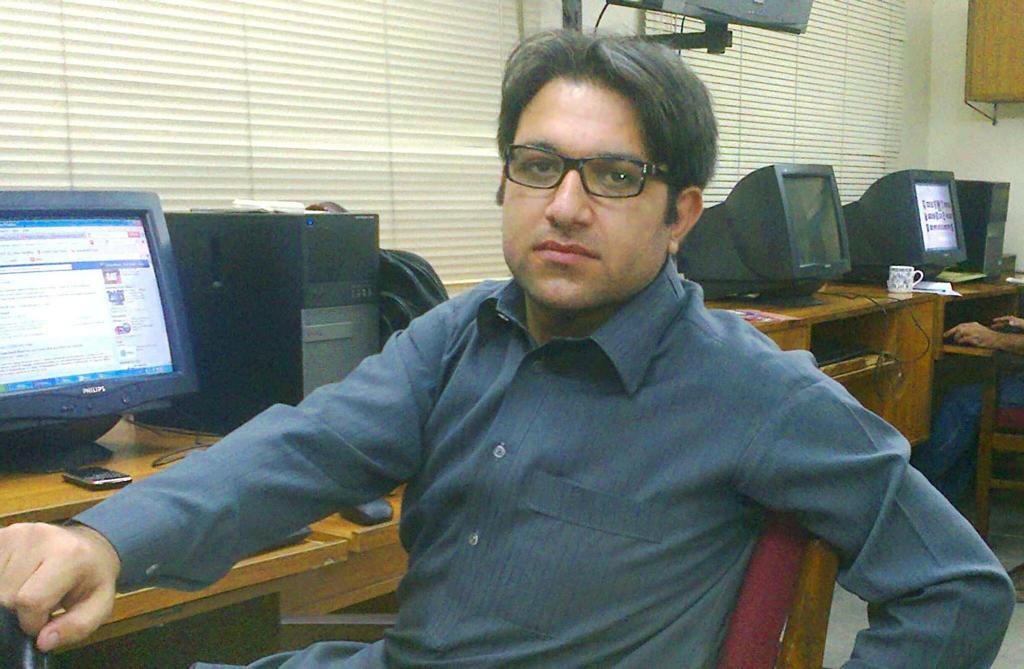
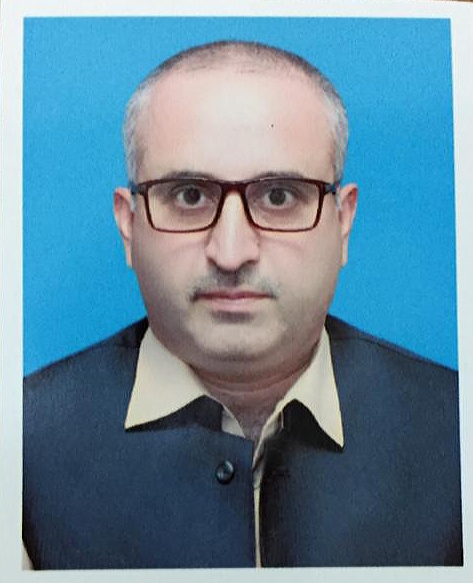
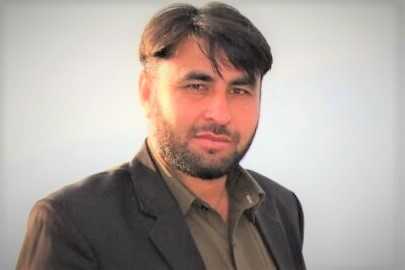
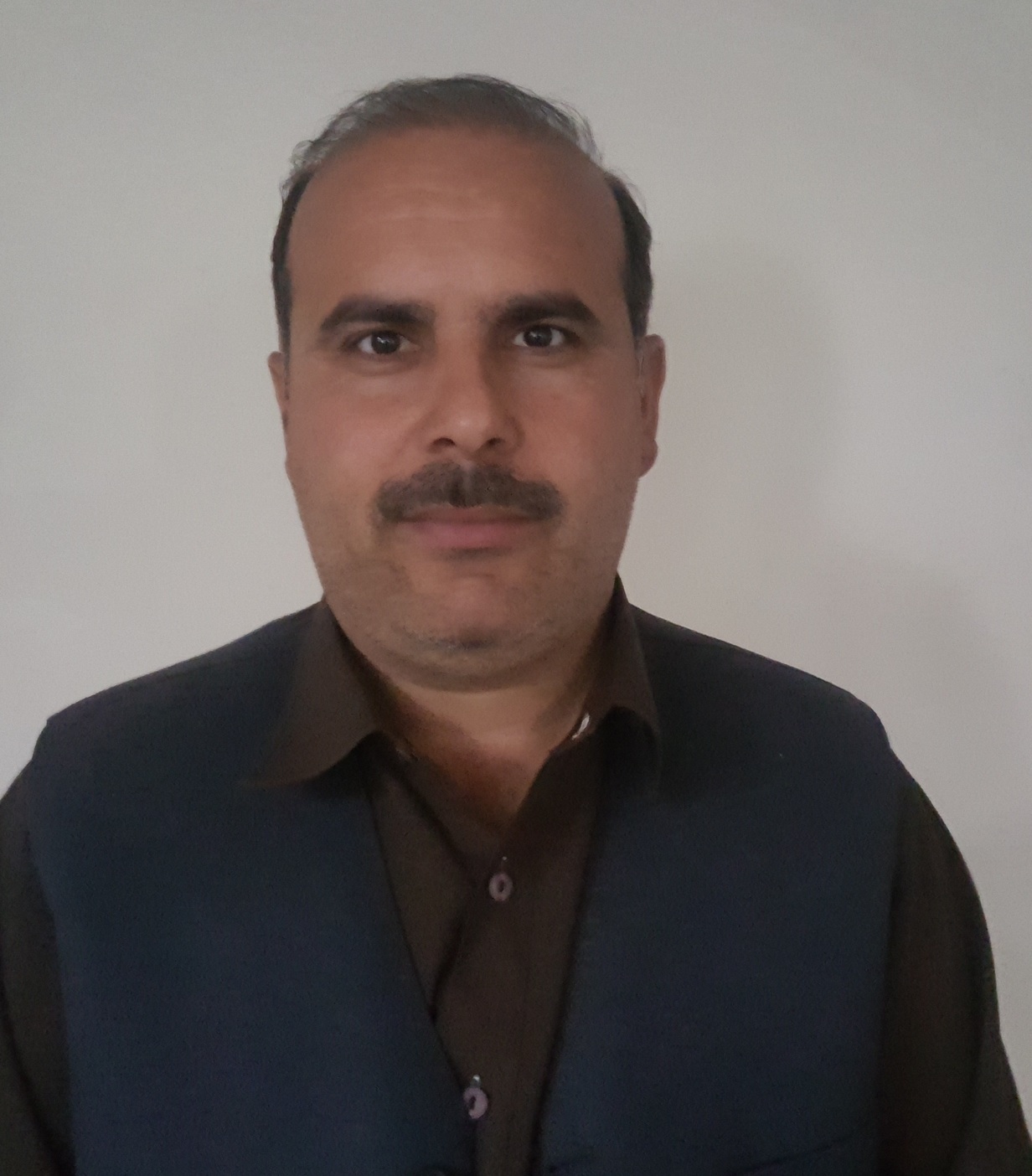
No Downloads Found.
No Publication Found.